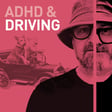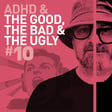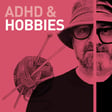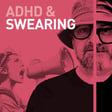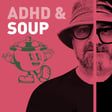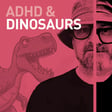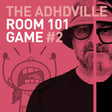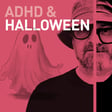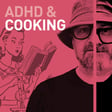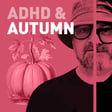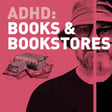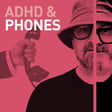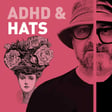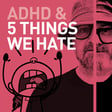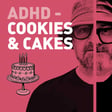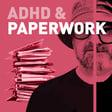
Episode 97. - Another Chat with Guest Tina - UR ADHD Bestie
Welcome back to ADHDville! In this episode, hosts Paul and Martin are joined by the incredible Tina: UR ADHD Bestie for another lively, unfiltered conversation. From navigating late diagnoses to parenting neurodivergent kids, emotional regulation, and the power of self-acceptance, we dive deep into ADHD life with humor, honesty, and a few detours (because, well… ADHD).
Tina shares her journey from anger to advocacy, how her family embraces their ‘fast brains,’ and why she’s on a mission to support women in corporate America. Plus: meltdowns, masking, and the magic of grace and space. Oh, and Martin forgets his tea.
Whether you’re newly diagnosed or a seasoned ADHDer, this chat is packed with relatable moments and actionable insights. Hit play, and remember—be fucking kind to yourself."*
🔔 Subscribe for fresh ADHDville episodes every Tuesday!
Find Tina on Tik Tok at: ur_adhd_bestie
----------
See our beautiful faces on YouTube
Put quill to paper and send us an email at: ADHDville@gmail.com
ADHD/Focus music from Martin (AKA Thinking Fish)
Theme music was written by Freddie Philips and played by Martin West. All other music by Martin West.
Please remember: This is an entertainment podcast about ADHD and does not substitute for individualized advice from qualified health professionals.
